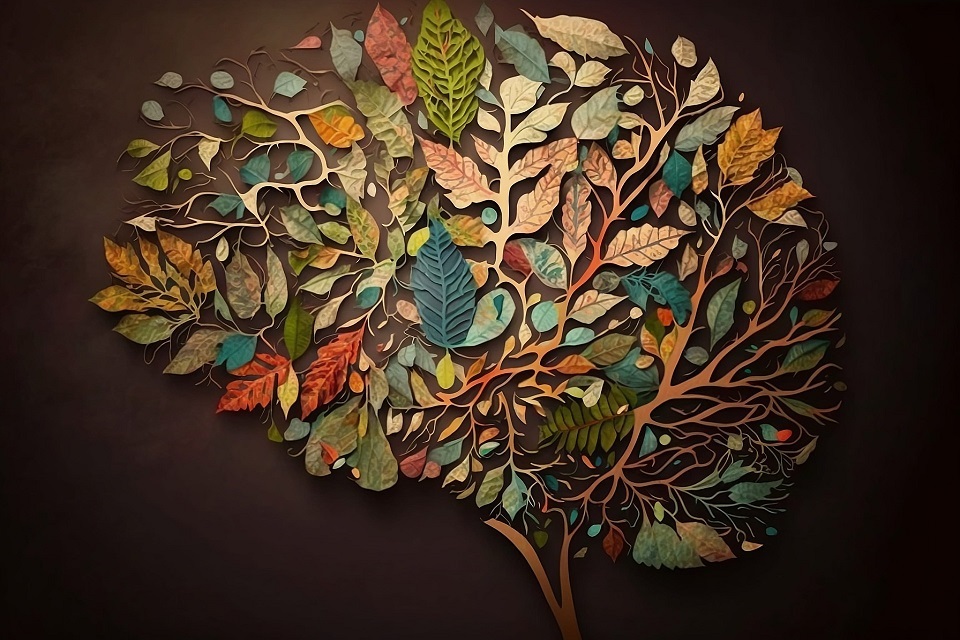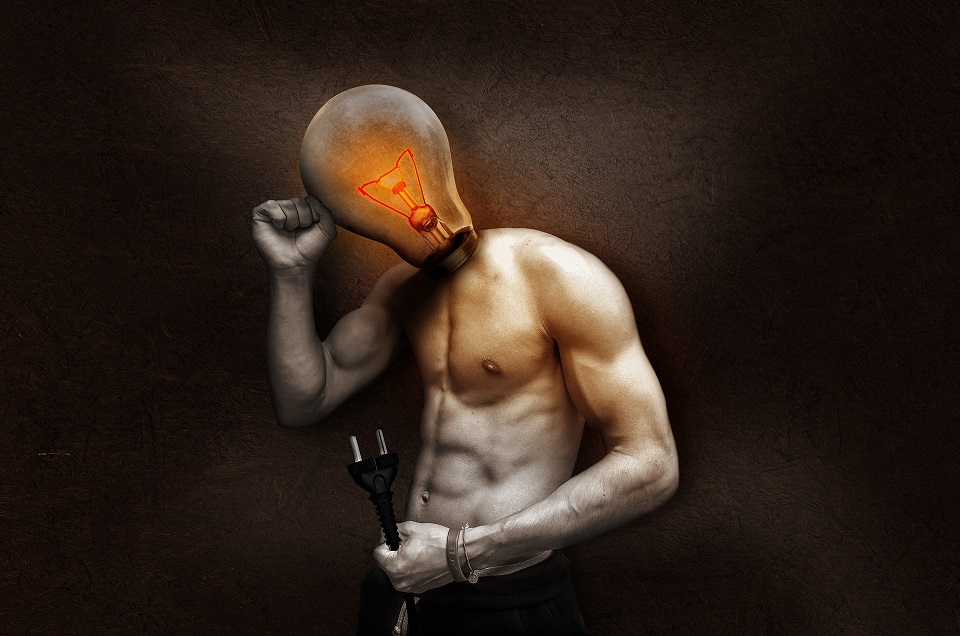Is the mind, and all that it beholds, an illusion, as some materialists hold? And thus, all the concepts of physics, such as time, a necessary illusion―chance, causality, and much more?
 Nigel Pocock
Nigel Pocock
This writer is an unashamed dualist, seeing the mind as an emergent reality, a product of a evolving world and universe, from simple organisms, to complex beings with consciousness and genuine freedom to choose. A mind which is conscious of its brain, and can ‘act back on it’, making decisions which can enhance it―or terminate it.
This is a mind that that can address―and solve novel problems that it has never seen before, and learn strategies to aid this problem-solving. It is to be part of an evolving creative process, which is still ongoing.
The mind is helping to shape the brain in growing its neural network, and thus the brain enhances the mind, in a positive dynamic―depending on the social values of the culture in which this mind is embedded.
Reality consists of both ontological chance (real unpredictability, even to a universal mind), and epistemological chance (‘coincidences’ which appear to be random, but are only so because of human ignorance of all the antecedent causes).
 No doubt there is an interface between both of these understandings of ‘chance’, with both impacting, and to some extent determining (or limiting) the range of possible outcomes of any event.
No doubt there is an interface between both of these understandings of ‘chance’, with both impacting, and to some extent determining (or limiting) the range of possible outcomes of any event.
So while much in the universe is highly predictable, any predictions cannot be absolutely certain, at least from a finite perspective.
That human freedom is a genuine form of ontological chance was demonstrated neatly by Donald MacKay, in his “Logical Indeterminacy Theory”.
MacKay pointed out that even if a universal mind (or computer) was cognisant of all the antecedent causes in order to make a prediction, it could not present this prediction to a mind, without this mind being able to refuse to go along with this prediction.
Minds, are, therefore, free to reject predictions, if they are conscious of them. We are not thinking of such things as automatisms caused by brain damage, or absurd predictions that are inherently impossible. As Karl Popper pointed out, predictions have to be realistic in terms of time-span and physical setting to be falsifiable in a way that enables new knowledge to grow.
 What does this mean for the immaterial? It means that the mind, far from being an illusion or a delusion, as some materialists have it, is a living reality. Cogito ergo sum!
What does this mean for the immaterial? It means that the mind, far from being an illusion or a delusion, as some materialists have it, is a living reality. Cogito ergo sum!
As a living reality, I want to suggest that in order to grow fruitfully, that minds need a culture of values that is self-conscious of the altruistic needs of others and the natural world in which creatures live.
This means accountability and responsibility. Only in this way will the mind-brain duality continue on its way as an emergent reality, working its way towards ever-increasing complexity, with creative and novel problem-solving development. Human freedom means ontological chance, but one that is constrained by the epistemological freedom of nature and of other beings.
There is hope, but only if people decide to walk in moral and aesthetic light, and not in darkness. That is the choice!
(Photos: Pixabay)












.jpg)












